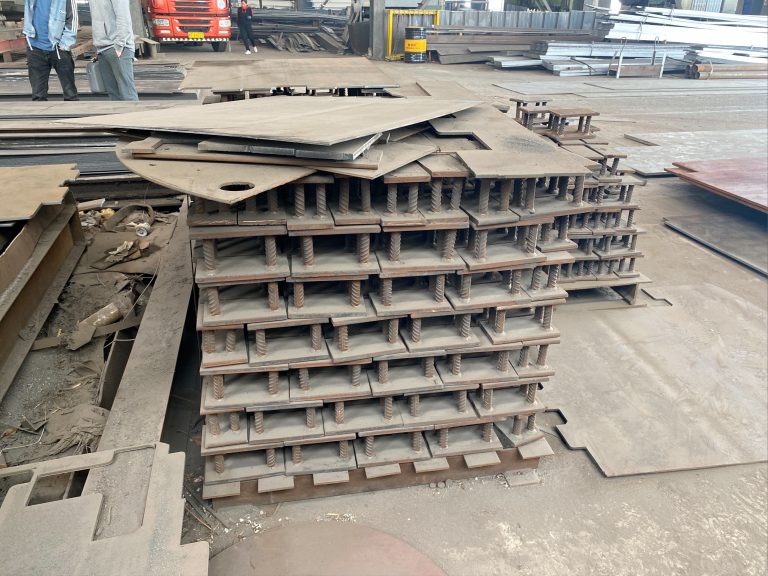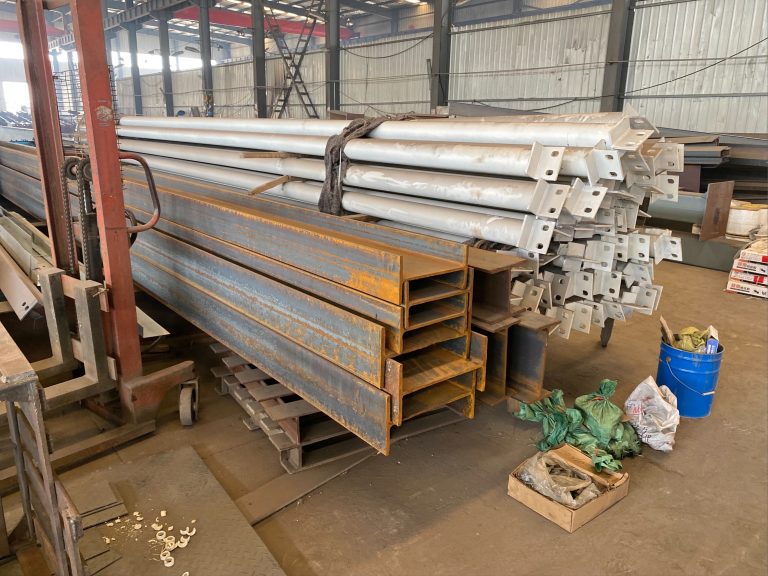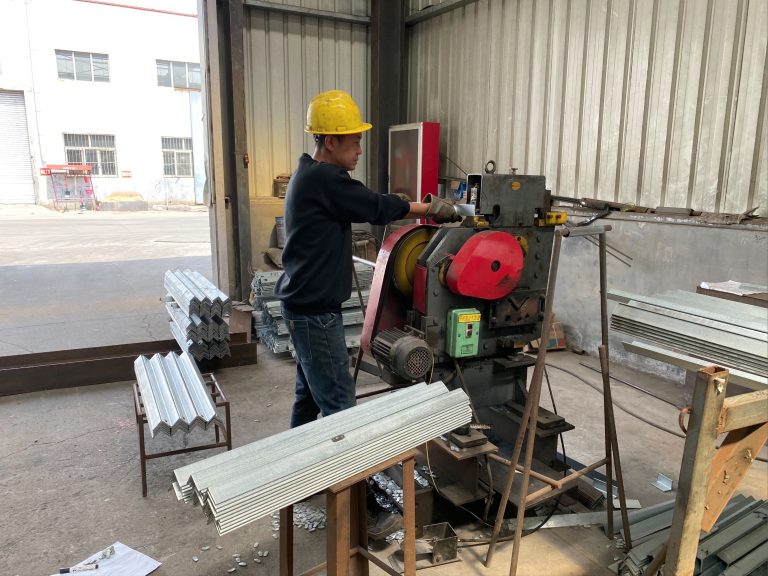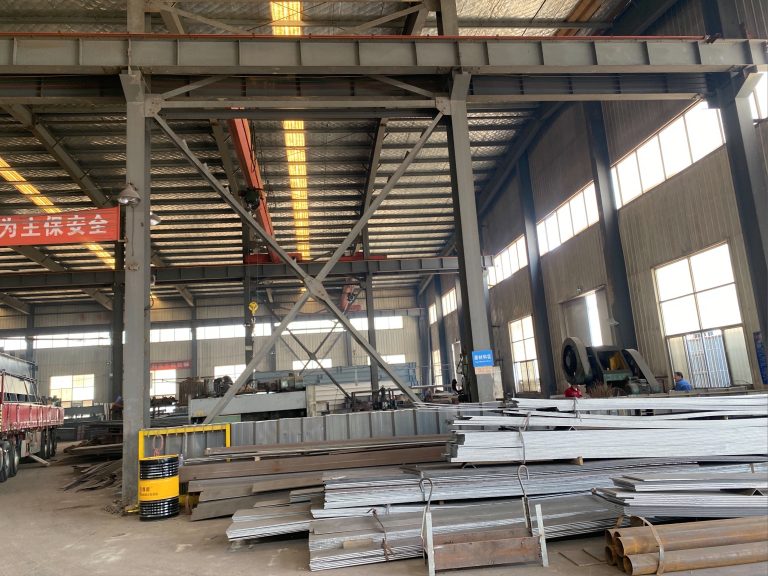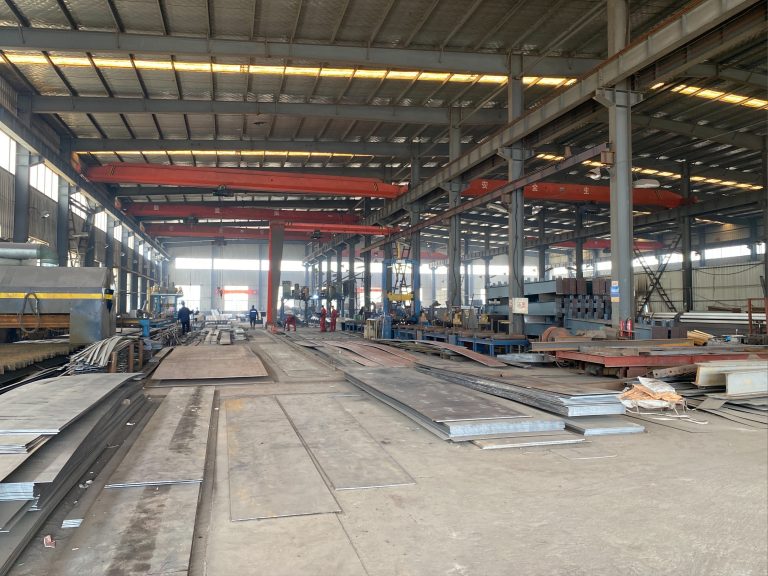Container City Farm: Idyllic life in the city.
Table of Contents
Benefits of Urban Farming in Container City Farm
Urban farming has become increasingly popular in recent years as people seek to reconnect with their food sources and live more sustainably. One innovative approach to urban farming is Container City Farm, a unique project that brings the idyllic life of farming to the heart of the city. In this article, we will explore the benefits of urban farming in Container City Farm and how it is transforming the way we think about food production in urban environments.
One of the key benefits of urban farming in Container City Farm is its ability to provide fresh, locally grown produce to city dwellers. By growing fruits, vegetables, and herbs in containers, farmers can maximize limited space and produce a wide variety of crops year-round. This not only reduces the carbon footprint associated with transporting food long distances but also ensures that city residents have access to fresh, nutritious produce that is free from harmful pesticides and chemicals.
In addition to providing fresh produce, urban farming in Container City Farm also helps to promote food security in urban areas. By growing food locally, farmers can reduce the reliance on imported produce and create a more resilient food system that is less vulnerable to disruptions in the global supply chain. This is especially important in times of crisis, such as natural disasters or pandemics, when access to fresh food may be limited.
Furthermore, urban farming in Container City Farm has the potential to create economic opportunities for city residents. By selling their produce at local markets or through community-supported agriculture programs, urban farmers can generate income and support themselves and their families. This not only helps to strengthen the local economy but also fosters a sense of community and connection among residents who come together to support local farmers.
Another benefit of urban farming in Container City Farm is its positive impact on the environment. By growing food in containers, farmers can reduce water usage, minimize soil erosion, and prevent the spread of pests and diseases. Additionally, urban farming helps to sequester carbon dioxide from the atmosphere, mitigating the effects of climate change and creating a more sustainable future for generations to come.
Moreover, urban farming in Container City Farm can also improve the overall health and well-being of city residents. By providing access to fresh, nutritious produce, urban farmers can help to combat food insecurity and promote healthy eating habits among urban populations. This, in turn, can reduce the risk of chronic diseases such as obesity, diabetes, and heart disease, leading to a healthier and more vibrant community.
In conclusion, urban farming in Container City Farm offers a wide range of benefits for city residents, from providing fresh produce and promoting food security to creating economic opportunities and improving the environment. By embracing this innovative approach to food production, we can create a more sustainable and resilient food system that nourishes both our bodies and our communities. Container City Farm is not just a farm; it is a symbol of hope and possibility for a brighter future in the heart of the city.
Sustainable Practices in Container City Farming
Container City Farm is a unique and innovative concept that brings the idyllic life of farming to the heart of the city. This sustainable practice is gaining popularity as more people seek ways to live a more environmentally friendly lifestyle while still enjoying the benefits of fresh, locally grown produce.
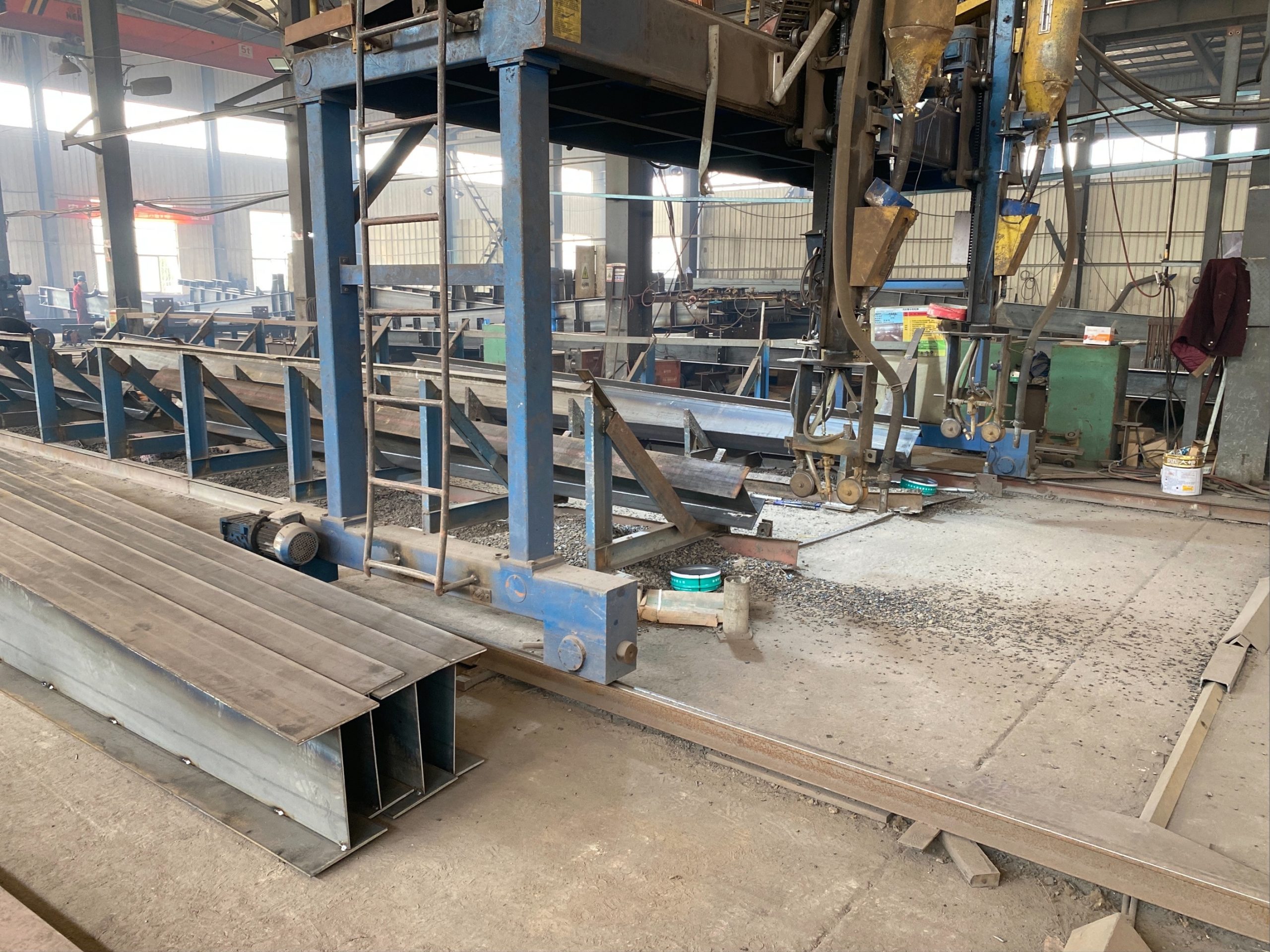
One of the key advantages of container city farming is its ability to make use of limited space in urban areas. By utilizing containers, farmers can grow a wide variety of crops without the need for large plots of land. This not only helps to maximize the use of available space but also reduces the need for long-distance transportation of produce, which in turn helps to lower carbon emissions.
In addition to its space-saving benefits, container city farming also offers a more controlled environment for growing crops. By using containers, farmers can easily regulate factors such as temperature, humidity, and light, which can help to optimize plant growth and yield. This level of control also allows for year-round farming, regardless of the season or weather conditions outside.
Furthermore, container city farming is a more sustainable practice compared to traditional farming methods. By using containers, farmers can reduce water usage by implementing drip irrigation systems that deliver water directly to the roots of plants. This not only helps to conserve water but also minimizes the risk of water runoff and soil erosion.
Another sustainable practice in container city farming is the use of organic and natural fertilizers. By avoiding synthetic chemicals, farmers can reduce the environmental impact of their operations and produce healthier, more nutritious crops. This not only benefits the environment but also the health of consumers who enjoy the fresh produce grown in container city farms.
Moreover, container city farming promotes biodiversity by allowing farmers to grow a wide variety of crops in a small space. This diversity not only enhances the visual appeal of urban areas but also provides a more resilient food system that is less susceptible to pests and diseases. By growing a mix of fruits, vegetables, herbs, and flowers, container city farms can create a vibrant and sustainable ecosystem that supports local wildlife and pollinators.
In conclusion, container city farming offers a sustainable and environmentally friendly way to grow fresh produce in urban areas. By utilizing containers, farmers can make the most of limited space, control growing conditions, conserve water, and promote biodiversity. This innovative practice not only benefits the environment but also provides city dwellers with access to locally grown, nutritious food. As more people embrace container city farming, we can look forward to a greener, healthier, and more sustainable future for our cities.

